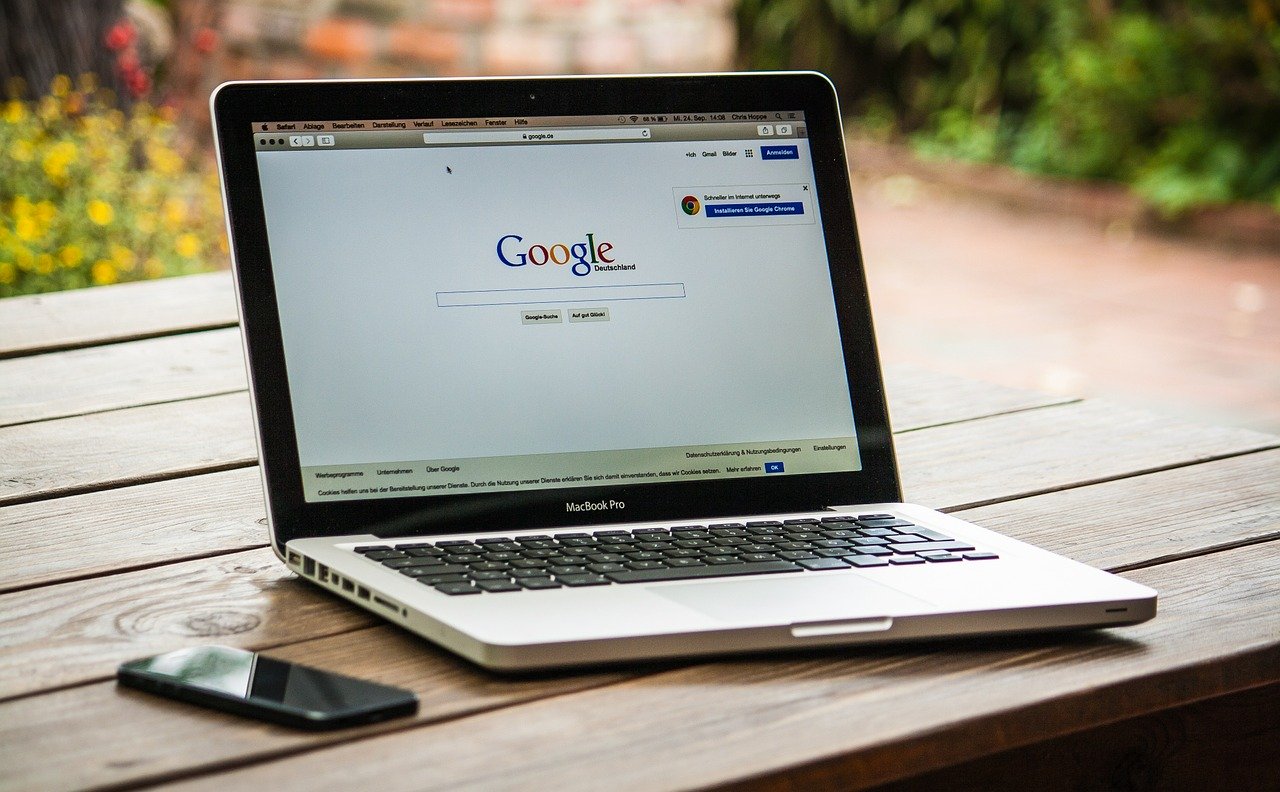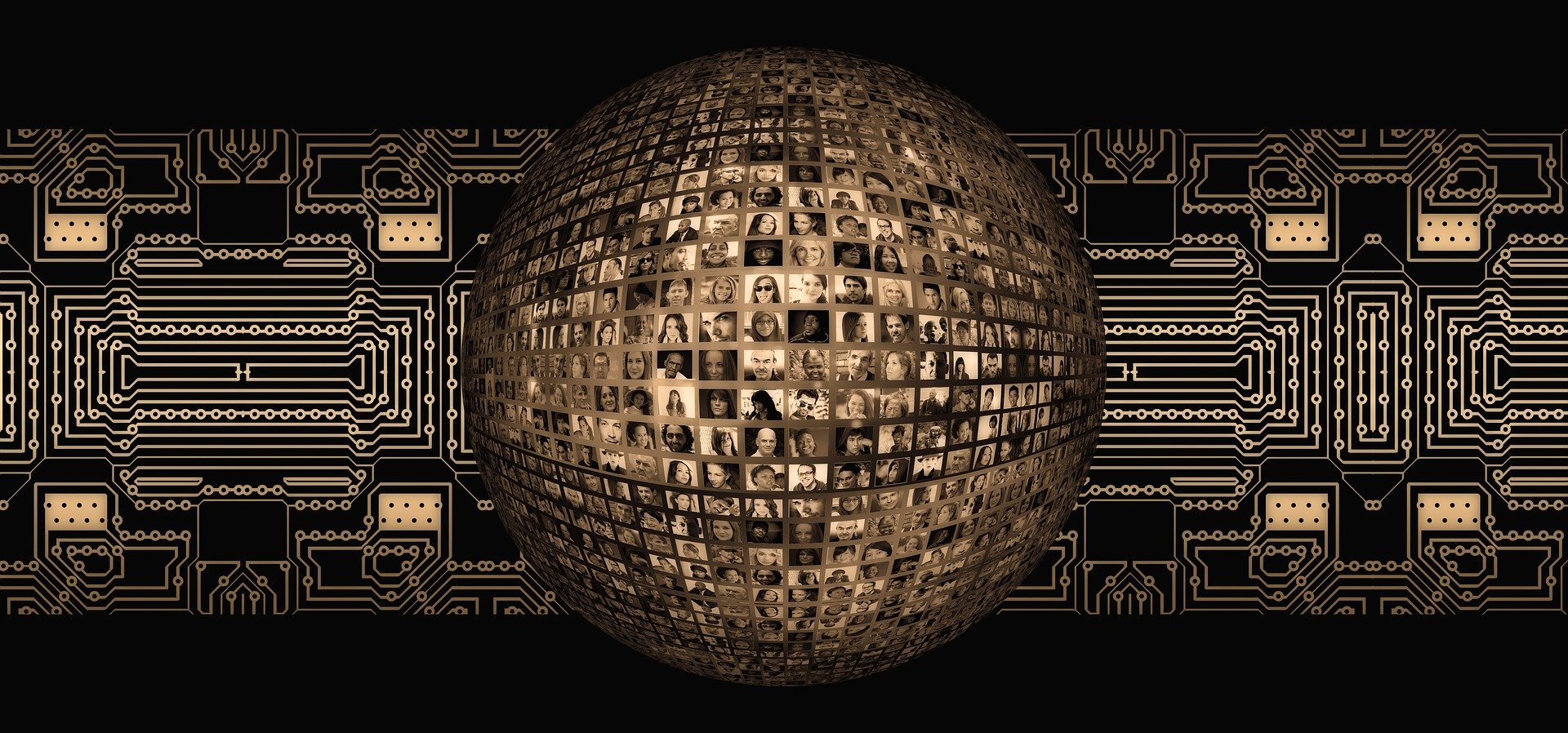

RECOMMENDED READING
Online policy debates abhor nuance the way nature abhors a vacuum. The hotter a topic, the more one is encouraged to not merely pick a side, but to defend their side in the most hyperbolic and absolutist terms possible. The debate over Section 230 of the Communications Decency Act is no exception.
Depending on who you ask, Section 230 is either the only thing standing between an open internet and Chinese-style censorship, or the very thing causing our online communication to become increasingly censored, albeit by unaccountable corporations rather an authoritarian state. More likely than not, the truth is either somewhere in between, or in some totally perpendicular direction. Unfortunately, rather than suss out exactly what’s at stake, both sides mostly just talk past each other.
To refresh: Section 230 ensures that web hosts cannot be held liable for content posted by their users, while encouraging large platforms like Facebook, Twitter and Google to moderate user content without fear of legal repercussions. Both aspects of the statute are controversial among a growing segment of conservatives, but particularly the latter. “Good Samaritan” content moderation is great when its removing illegal content like child pornography, or legal but offensive content like hate speech, but many on the right believe these legitimate forms of moderation have bled over into censorship of conservative viewpoints. This wouldn’t be a problem if sites like Twitter, Facebook and Google were less dominant. But given their market power as communication and advertising platforms, there’s a legitimate debate to be had about where to draw the line between a private company and the online public square.
Conservatives of the Senator Josh Hawley school of thought see Section 230 as a massive subsidy to tech giants, while libertarians defend it as part of America’s successful “light touch” approach to internet regulation. In my view, there is nothing strictly libertarian about immunizing companies from particular kinds of lawsuits. Nor does the argument that 230 is essential to internet freedom add up, given all the countries that manage to have free and open internet economies without it. That doesn’t mean it should be done away with. Instead, I think of the 230 debate as analogous to tort reform. Rather than something that can be easily settled according to first principles, it’s about balancing inherent trade-offs related to the kind society we want to live in.
Section 230 no doubt helped make America the home of the commercial internet, not to mention many so-called tech “unicorns.” And while there’s arguably been too much innovation in “bits” relative to “atoms,” Robert Gordon’s work suggests one does not necessarily come at the expense of the other. Indeed, while my libertarian friends are loath to frame it this way, Section 230 and President Clinton’s broader “Framework for Global Electronic Commerce” was in a sense a case study in industrial policy done well. But as the internet economy has matured, it’s not crazy to want to revisit the balance of interests at play. Senator Hawley’s approach to enforcing “viewpoint diversity” may be too heavy handed, but there’s still a real question about when, if ever, a communication platform goes from being just another website to something resembling a common carrier.
Our underlying telecommunication system is supposed to be content neutral, but as the internet has evolved, more and more of our communication has become routed through large corporate intermediaries, who are then empowered to exercise all manner of social control and surveillance. Ultimately, Facebook and Twitter are (for the most part) just servers relaying lots and lots of text, images and so forth to end users. In the longer run, it’s possible to imagine big social media companies being displaced by feature-rich communication protocols, like the Simple Mail Transfer Protocol (SMTP) used to send or receive email. And indeed, from my vantage point, the main effect of “cancel culture” and related concerns over platform bias has been to push more and more candid conservation into email threads, encrypted group chats, and other clients that are safe from external moderation by dint of being private, locally hosted, or both.
The Trade-offs of a Corporatized Internet
Depending on its implementation, protocol-based social media would be truly censorship resistant, and much closer to the original vision of the early internet’s pioneers. There is no one to hold liable for content shared over a protocol other than the user in question. The main barrier to a decentralized internet, however, appears to be less technological than one of convenience and path dependency. Social media companies have a network effect, yes, but also a rich user experience with a near-zero learning curve. You cannot say the same for Bitcoin. Thus while Section 230 clearly helped accelerate the internet’s early development, today the safe harbors provided to centralized and corporatized communication intermediaries may arguably be holding back the internet’s transition to its truly decentralized stage, in a way analogous to how the ease and convenience of credit cards may be holding back the adoption of cryptocurrency.
Whether we want more of our online discourse pushed off of public platforms and into dark and distributed corners of the internet is another question. Conservatives like Senator Hawley appear at least partially motivated by concerns that social media platforms facilitate things like sex work and human trafficking. Nonetheless, it’s Section 230, combined with the internet’s relatively concentrated corporate structure, that facilitates the moderation and tracking of such content by law enforcement in the first place. Were the dark web to become simply “the web,” the challenge of policing content of all types would increase exponentially. So be careful what you wish for.
In a past life I worked in technology policy, but grew tired of repetitiveness of the debates and depth of industry influence. Yet when it comes to Section 230 reform, I don’t have a particularly strong view, and don’t put much trust in those who do. In fact, it’s precisely because I no longer work in tech policy that I feel at ease holding such an agnostic view. I only wish that both sides of the debate would set aside absolutes, and focus on articulating their vision for the internet twenty years from now. Only then can we begin to work backwards to understand what reforms or investments are needed, if any, to get from here to there.
Recommended Reading
How Should We Regulate the Social Media Companies? Hint: More Competition Might not be the Answer
Donald Trump threatened to close Twitter down a day after the social media giant marked his tweets with a fact-check warning label for the first time. The president followed this threat up with an executive order that would encourage federal regulators to allow tech companies to be held liable for the comments, videos, and other content posted by users on their platforms. As is often the case with this president, his impetuous actions were more than a touch self-serving and legally dubious absent a congressionally legislated regulatory framework.
Should President Biden Revoke Section 230?
The beautiful dream of an open and free internet, serving as a global agora of unlimited free speech to provide for more democratic participation, has crashed and burned one more time.
Foreword: Governing After a Revolution
The biggest tech challenges for policymakers go far beyond “Big Tech.”













